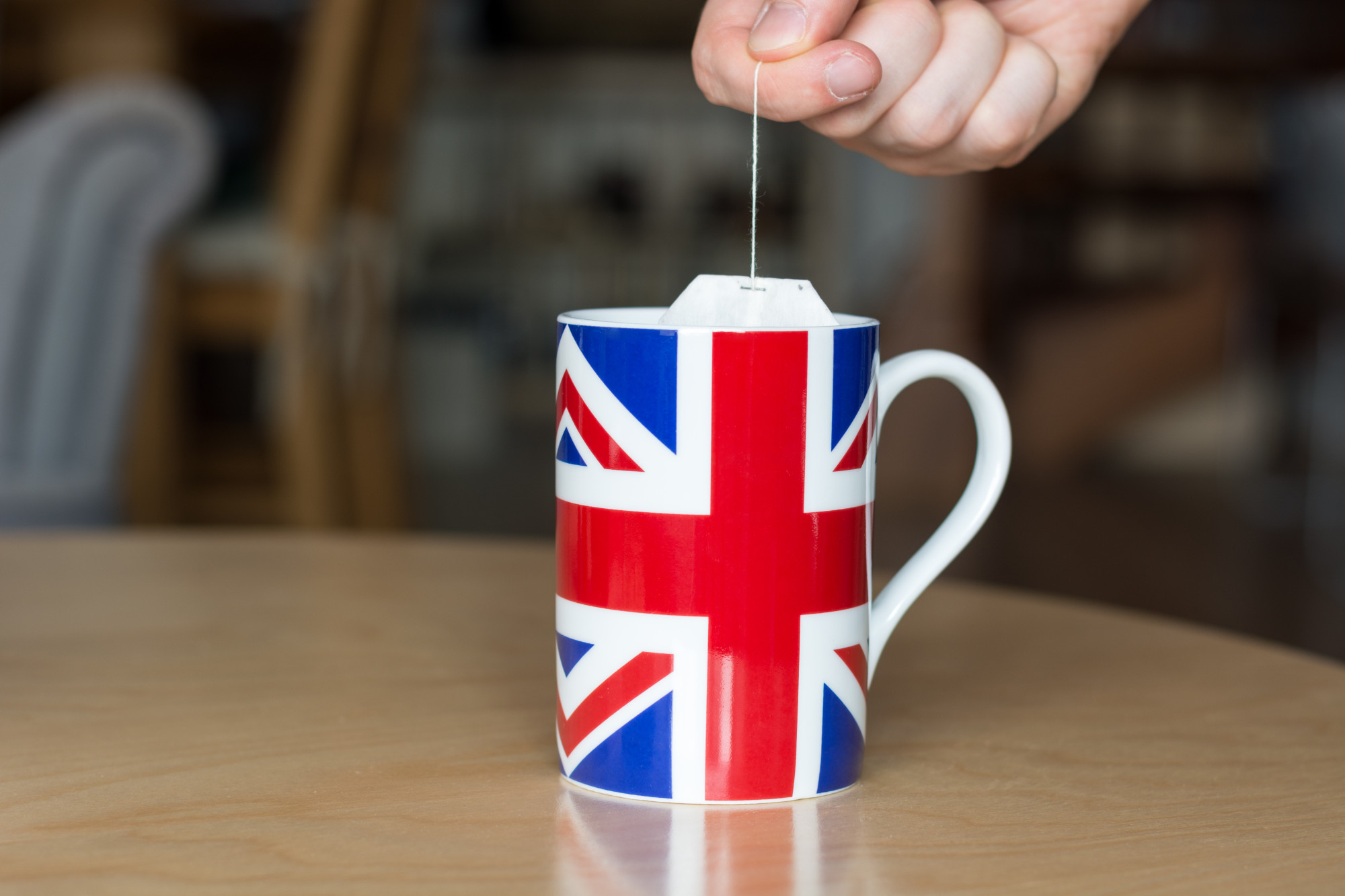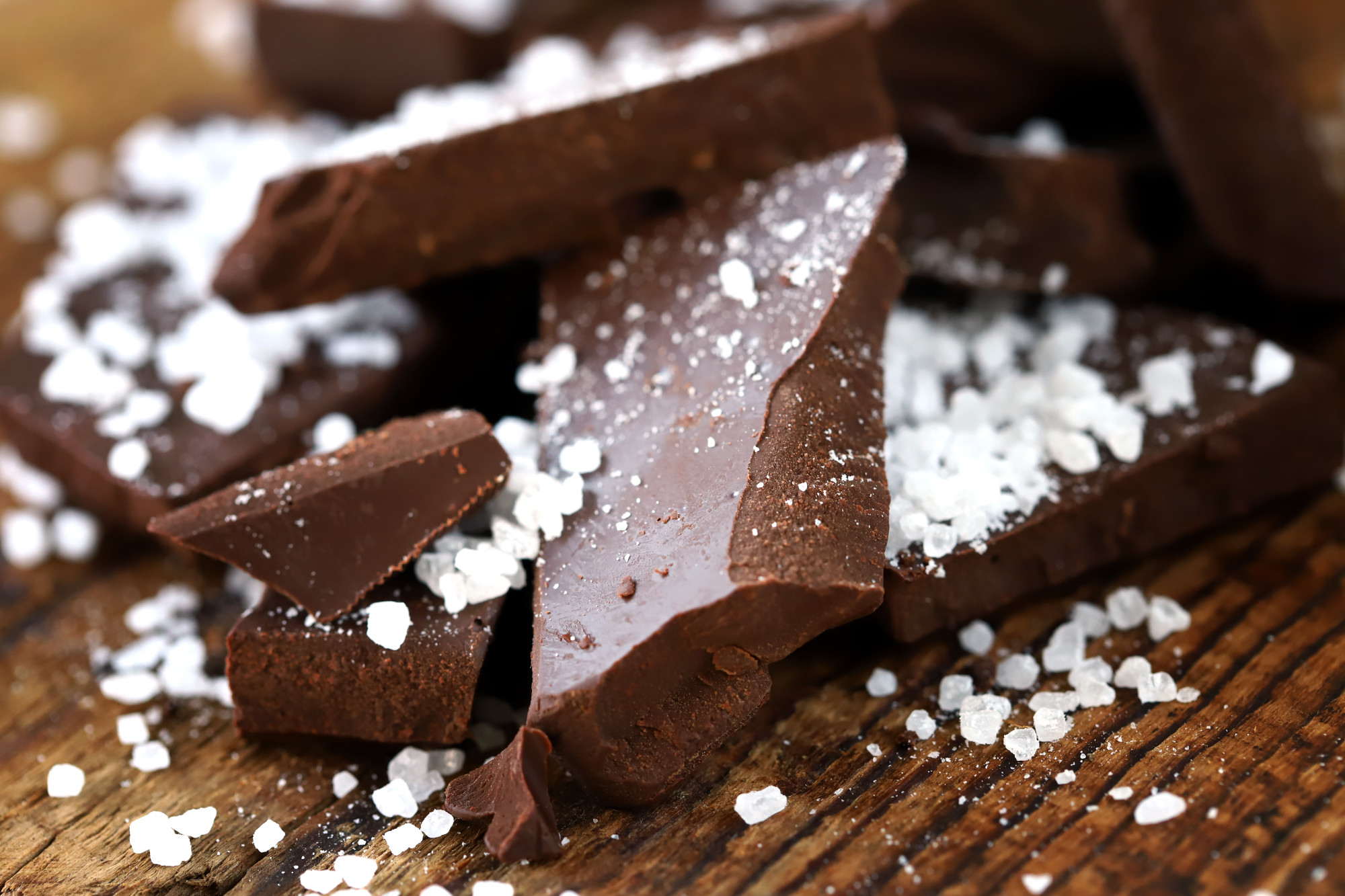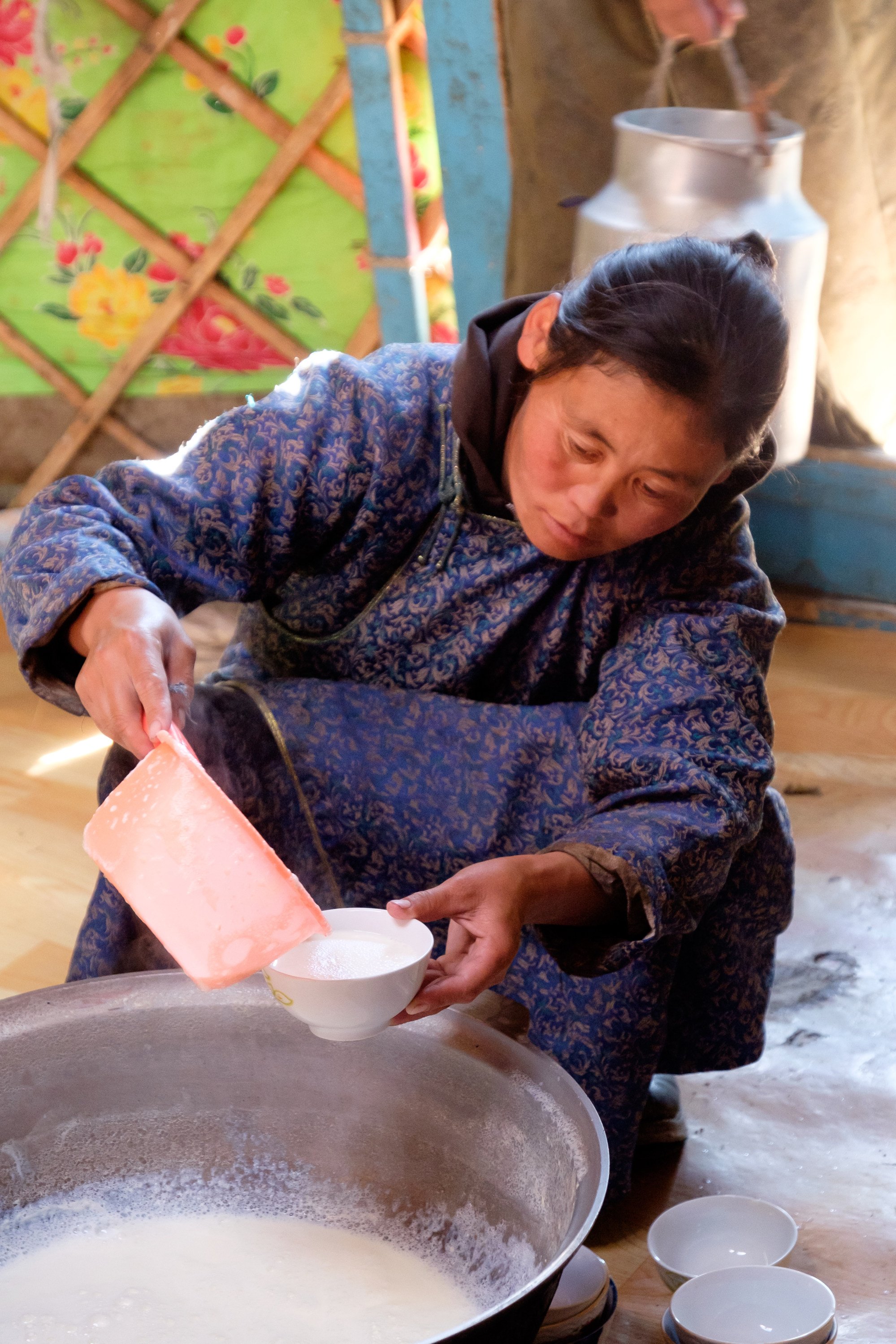
Salt in tea? US chemist’s China-inspired advice to make the perfect cup causes brew-haha in Britain – but she might have a point
- Michelle Francl’s tip to add salt to tea to make it smoother and less bitter – inspired by an ancient Chinese manuscript – did not go down well in Britain
- Some now common uses of salt initially seemed counterintuitive: think of sea salt on your chocolate or a pinch on desserts like ice cream to boost its sweetness
In case you didn’t hear, last week an American chemist stirred up quite a tempest in teapots across Great Britain.
Michelle Francl, a professor in the state of Pennsylvania, published a book called Steeped: The Chemistry of Tea. The science-based tome expounds on molecules and atomic structure and engages in a meticulous analysis of caffeine and enzymes, the genus of flora leaves, and the temperature of water used in the brewing process.
It all sounds real boring to me – except for one part in chapter six.
Francl noted that sodium ions in salt can block our receptors for bitterness. “So if you put a tiny bit of salt in – not enough to taste – you make the cup of tea or coffee smoother and less bitter,” she wrote.

When this reached BBC radio hosts and UK tea traditionalists, they freaked out. Outraged and insulted, they scoffed at this sacrilegious proposal, from an American, no less. Naturally, there was a complete overreaction to the brew-haha.
After all, what do the Yanks know about a proper cup of tea, right? They should stick to their ridiculous mocha-choca-pumpkin spice lattes or gulp some more Mountain Dew!
The American embassy in London even weighed in, issuing a humorous note on X. “Adding salt to Britain’s national drink is not official United States policy. And never will be.”
Freeze your nuts, eat green bananas: 10 ways to max out nutrients in food
The post concluded with a nice cheeky touch. “The US Embassy will continue to make tea in the proper way – by microwaving it.”
Francl’s theory is not without merit. Some now common uses of salt initially seemed counterintuitive and weird.
Think about the first time someone suggested adding a few flakes of sea salt on your chocolate. A pinch on various desserts like ice cream can boost the sweetness. The same goes for fruit, from mango to grapefruit.

In the American South, there is a tradition of shaking a little salt on watermelon to make it tastier. People also realised that a bit of salt on juicy fruits helps to replenish electrolytes sweated out in hot weather. They call this “nature’s Gatorade”.
Chefs know that salt on leafy greens like Brussels sprouts and bok choy not only creates flavour but reduces bitterness. Francl uses the same theory for the tannins in teas.
In general, the acrimony some Brits expressed seemed rather undignified. Sceptics say they tried her idea and found their salted tea horrible and disgusting.
Well, Francl does say that if you can taste the salt, you’ve put too much in. It’s supposed to be a tiny pinch.

It’s worth mentioning that her inspiration came from tea appreciation in China. The chemist writes that she “pored over an 8th century Chinese manuscript [The Classic of Tea by Lu Yu] that called for salt to be added to the boiling water”. I guess this was a real ancient Chinese secret, too.
In northern parts of Europe and Asia, there is a tradition of people adding salt to milk tea. To this day, Mongolians are famous for the unusually salty suutei tsai.
Francl includes other suggestions to brew the perfect cup which, on the whole, make perfect sense: adding warm milk is better than cold milk to prevent curdling, and loose leaves are better than tea bags for extracting flavour.
The scientific method is a good thing. Otherwise, we might still think the Earth is flat and bad weather means an angry god. Next time you hear new science you think is crazy, maybe take it with more than just a pinch of salt.

